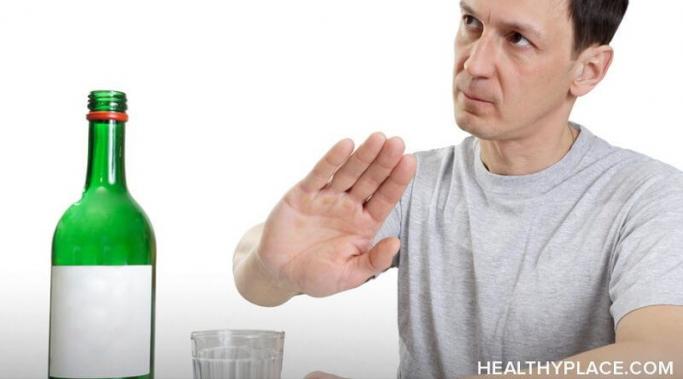Blogs
Coping with a breakup after telling someone you love, whether it be a friend, family member, or romantic partner, that you have a mental illness is never easy. The scariest time is right before I tell anyone about my mental illnesses. It is always thoughts like “What if they think less of me?”, “What if they suddenly don’t want to be around me anymore?”, “They're going to see me as a burden.” that make me anxious. You could probably name many other anxious thoughts and I could say I thought them, too. Ultimately, these fears of a breakup are based on mental health stigma, and coping with a breakup due to mental health stigma may be the most heartbreaking of all.
In the field of mental health, the phrase trauma-informed care refers to a set of standards practitioners follow when treating individuals who have experienced trauma. Trauma-informed care reduces the risk of causing inadvertent harm to or retraumatizing people with posttraumatic stress disorder (PTSD). Understanding the basics of trauma-informed care can help you make the most out of your PTSD therapy.
Have you ever thought about the power of psychiatric medications to save lives? In the past few days, I was let go from one of my jobs and one of my pet rats died unexpectedly. This would be a stressful situation for anyone, but a few years ago this would have had me drunk and suicidal. But, thanks to the power of psychiatric medications, I'm sober and safe. I can deal with life's curveballs--something I couldn't do off my medications.
While mental health screenings in school may take place, they need to be more inclusive. Although autism spectrum disorder (ASD) and childhood mental illnesses like attention deficit/hyperactivity disorder (ADHD) can look similar on the outside, the way they're treated in schools looks different. From the perspective of a parent of a child with mental illness, they seem like unfairly disparate worlds. It makes me think of the need for inclusivity in school mental health screenings.
Have you ever needed to stop yourself from giving up? I wanted to give up pursuing passions because I experienced several disappointments. I found myself wanting to give up many times, especially during (and shortly after) my college years. Here are some ways that I used thoughts and actions to stop myself from giving up.
Treating the causes of binge eating disorder (BED) is so much more than treating merely the symptoms. The underlying purpose of the eating disorder, or what caused the maladaptive eating patterns, are what we need to explore and deal with. Doing this will help lead to a stable, long-lasting recovery that conquers the causes of binge eating disorder instead of simply removing the symptoms of it.
If you spend any time at all in the rooms of Alcoholics Anonymous (AA), you will likely hear the term “dry drunk” referring to someone who is in addiction recovery and, in fact, still sober. I didn’t understand the term until I had been in the program for a while. I wondered to myself how could someone be a drunk when they were remaining sober. However, I learned that sobriety isn’t the same as recovery and a dry drunk is sober, but not actively recovering from his or her addiction.
With schizophrenia or schizoaffective disorder, you can experience the "summer blues." Schizoaffective disorder is a combination of schizophrenia and bipolar disorder. I have schizoaffective disorder, bipolar type. For me, that means I’ve had a schizophrenic psychotic episode in which I thought I was being stalked by famous people, the Italian mafia, and the Federal Bureau of Investigation (FBI). It means that I hear voices. And it means that I have bipolar mood swings, from manic highs to depressive lows. I usually tend to veer to the side of depression. I am a bit of a connoisseur of depression. I’ve experienced different flavors of depression before and after my diagnoses of schizophrenia and then schizoaffective disorder. One of those flavors is the summer blues with my schizoaffective disorder.
Anxiety and panic can overstimulate the brain, rocket our senses into hyperactivity, and make us feel wired. When we feel keyed-up and on edge, it can feel as though nothing will help. Here we are at risk of jumping right out of our own skin, which would do nothing more than increase both anxiety and panic, and there’s not a thing we can do to settle down. Or is there? It can seem counter-intuitive, but practicing mindfulness when we’re at our most agitated can help when anxiety and panic overstimulate your brain.
Eating trigger foods in your eating disorder recovery can feel terrifying at first. The reason the foods are trigger foods in the first place is because they cause anxiety and trigger the neural pathway to act on our eating disorder pattern, whatever it may be. Eating trigger foods as a part of your recovery can be a freeing process.









